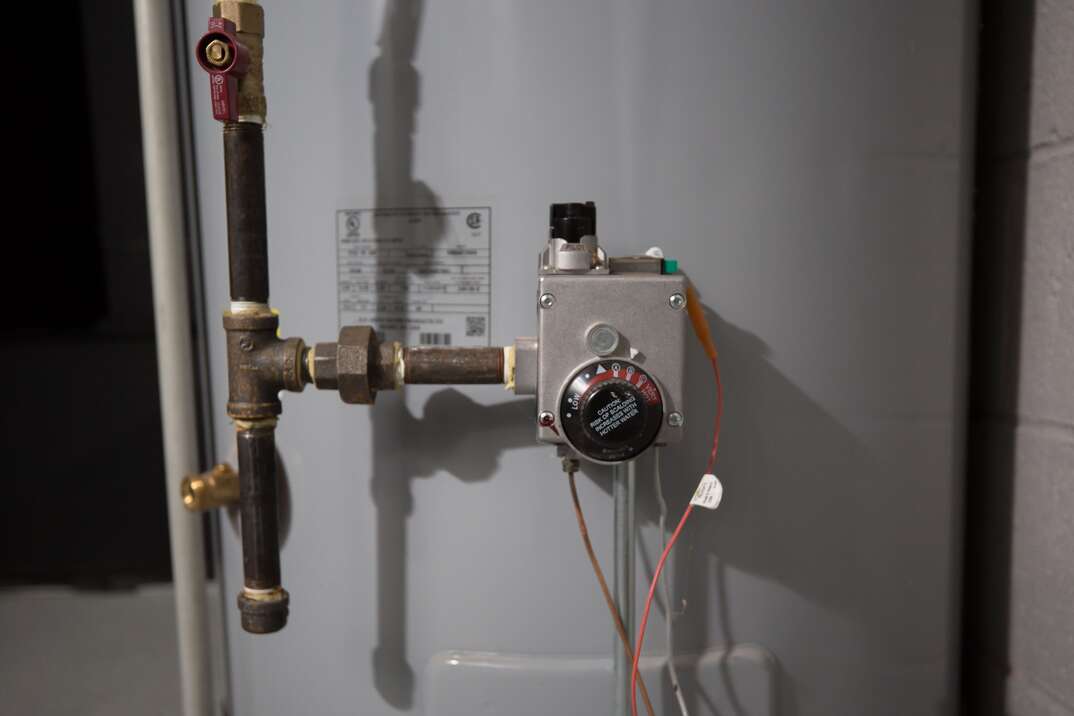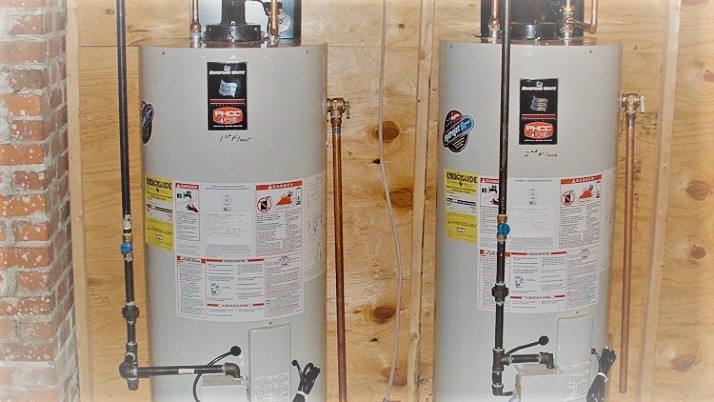Gas hot water heaters have been a favored option among numerous homeowners when it comes to fulfilling our daily hot water requirements. Yet, a frequently asked question pertains to the effectiveness of these devices in the absence of electrical power. This article delves into the operational capabilities of gas hot water heaters during power outages and offers an all-encompassing response to the query: Can a gas hot water heater function without electricity?
Understanding the Basics of a Gas Hot Water Heater:
Gas hot water heaters are extensively utilized due to their effectiveness and dependability in delivering a consistent supply of hot water. The gas control valve assumes a pivotal role in regulating the natural gas flow to the burner, guaranteeing an efficient heating process. The pilot light serves as a petite flame that remains continuously ignited or sporadically ignited to initiate the main burner when the water temperature falls below a specific threshold.
Maintaining the desired water temperature and managing the gas flow to the burner, the thermostat carries the responsibility. It gauges the water temperature in the tank and communicates with the gas control valve to adjust the burner’s intensity correspondingly. Collaboratively, the flue and venting system eliminates the combustion gasses generated during the heating process. They facilitate the secure expulsion of these gasses outside the residence, averting their accumulation and mitigating potential health risks.
While natural gas acts as the primary energy source for a gas hot water heater, the aforementioned critical electrical components empower the tankless unit to operate efficiently. On the contrary, the tank gas-fired units may or may not depend on the electricity for their ignition system.
Therefore, when installing a gas hot water heater, it is imperative to consider the type of the unit; for instance, is it a tank model or a tankless unit? And in case it is a tank model, is it a standing pilot-controlled gas unit (this unit doesn’t require electricity) or an electrical ignition system powers the pilot in the unit (this unit requires electricity at all costs)?
All in all, it is crucial to consider all the electrical prerequisites of a gas water heater and ensure the availability of a dependable power source to uphold its complete functionality.
Key Components Requiring Electricity:
We will now explain the general components that could require electricity in a gas-fired water heater.
-
Pilot Light Ignition:
The presence of a pilot light is crucial for initiating the gas burner in the majority of gas hot water heaters. Although certain models maintain a constantly burning pilot light, numerous contemporary units adopt an electric ignition system, often referred to as an intermittent pilot or a hot surface ignition system. These systems rely on electricity to generate a spark for the pilot light, subsequently leading to the ignition of the gas burner.
-
Temperature Control and Safety Features:
Gas hot water heaters utilize a thermostat for the regulation of water temperature. The effective functioning of this element is reliant on electricity. Moreover, electrical power plays a crucial role in guaranteeing the safe and efficient operation of the unit by supporting safety measures like pressure relief valves and vent dampers.
-
Power Venting:
Certain gas-powered water heaters employ power venting mechanisms that depend on electricity to efficiently expel the combustion fumes. These mechanisms employ fans or blowers to propel the exhaust gasses through the flue and discharge them from the house.
Operation During Power Outages:
When confronted with a power outage, it is crucial to grasp that gas-powered water heaters usually maintain partial functionality. Despite the absence of electrical power, the water contained within the tank will retain its warmth for a specific time frame, ensuring a limited supply of hot water. Nevertheless, the loss of power will impact the functioning of particular elements, leading to specific constraints.
-
No Ignition for Pilot Light:
During a power outage, if your gas hot water heater depends on an electric ignition system, the pilot light will fail to ignite. As a result, the burner will be deprived of the essential flame required to heat the water, causing the unit to become temporarily inoperative until power is reinstated.
-
No Temperature Control:
In the absence of electrical power, the thermostat’s operation will be hindered, causing an inability to regulate the temperature. As a consequence, the water stored in the tank will slowly decrease in heat, leading to a temporary cessation of the hot water supply until the restoration of power.
-
Venting Limitations:
During a power outage, gas hot water heaters that are equipped with power venting systems will face difficulty in effectively expelling the combustion gasses. This situation can give rise to a safety issue since the gathering of gasses may pose a potential risk. To guarantee the secure functioning of gas-powered appliances, it is imperative to have appropriate ventilation.
Final Thoughts:
Although gas-powered water heaters predominantly utilize natural gas to heat water, they also depend on electricity to operate crucial elements like ignition, temperature regulation, and venting. In the event of a power failure, the capabilities of these units may be restricted, varying according to the particular design and characteristics of the model. It is crucial to take these aspects into account when choosing a gas water heater and to prepare alternative measures for emergencies, such as backup power supplies or alternative methods of water heating.



